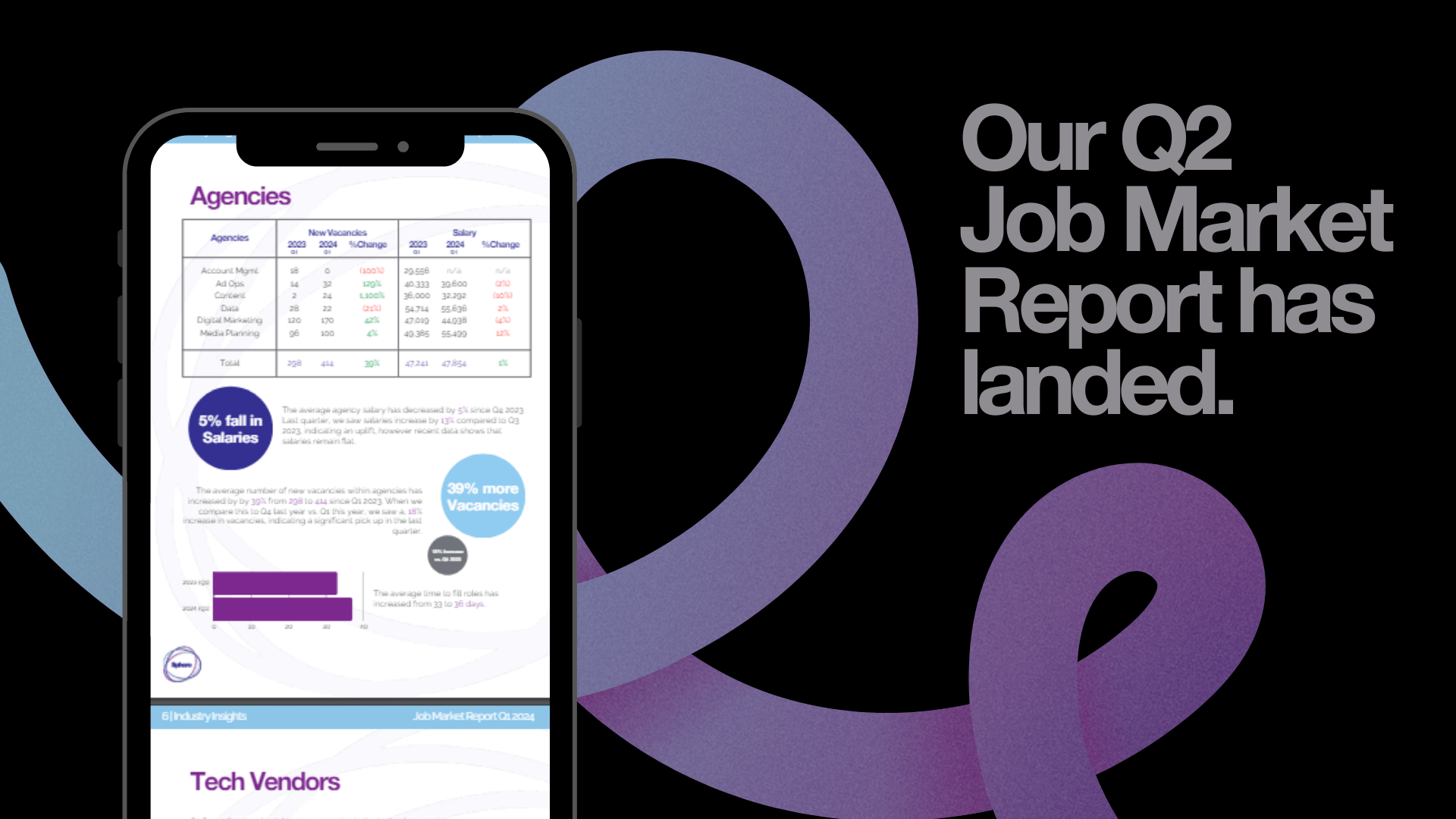
Mental Health Awareness Week 2024
13 May, 20245 minsMonday 13th May - Sunday 19th May 2024 marks Mental Health Awareness Week this year. The Men...

Monday 13th May - Sunday 19th May 2024 marks Mental Health Awareness Week this year. The Mental Health Foundation have introduced this year's theme of “Movement: Moving more for our mental health”.
As someone who considers movement a non-negotiable factor for every day, I can appreciate how much of a difference exercise and moving your body makes. Mental Health UK’s latest Burnout Report found that 56% of UK adults said exercising regularly helped them to manage stress, and therefore burnout. Movement has been proven to reduce anxiety and depression, and even physical illnesses down the line. With that being said, here are some ways to look after your mental health using exercise.
Find what works for you
No, it doesn’t have to be the gym. Everyone carries different preferences, and there are other factors such as accessibility, money (gym memberships rack up!), space and time that play a part in exercising.
Movement doesn’t look the same for everyone - it doesn’t have to be an intense, sweaty marathon or a hardcore HIIT session, it can be as simple as cycling instead of taking the bus, 15 minutes of yoga before bed or a walk in the park - literally! It can be easy to look at what other people are doing and play the comparison game, but this is your lane and you must choose and stick with what works for you - this will make it easier to stay consistent.
Remember, there is no surefire secret to fitness success, fitness is specific to your individual needs and goals.
Set some goals
Nobody starts where they want to end up - this is your journey and goals will help you get there. This is why goal setting is so important - picture what you want to achieve in the end. It may seem far off, but if you break this goal into small, specific, and achievable mini goals you will be more likely to reach the ultimate goal.
It helps when goals are measurable, but this doesn’t have to be the case - they don’t have to be a number on the bathroom scales or a measuring tape. Remember, we want to focus on our mental wellness, and you know yourself much better than a set of scales does. Consider recording a fitness journal and rate how you feel daily. If you ever feel disheartened, flip back to the beginning and look at how far you have come!
If you are not sure how to best work towards these goals, it is important to ask an expert. There are multiple cost-free resources online that can aid you in your journey, as well as in-person support like your GP or a local community centre.
The power of exercise in mood disorders
If you suffer from anxiety, there is evidence that proves that aerobic exercise can reduce symptoms of this by making your brain’s “fight or flight” system less reactive.
Regular workouts like going to the gym, resistance training, and running can help reduce symptoms of depression. These exercises can help boost your mood by increasing a brain protein called BDNF.
Meditative movements also help with mood disorders due to paying close attention to breathing patterns, bodily sensations, and changes in heart rate. Did you know that frequent yoga practice can reduce the severity of symptoms in PTSD?
The mind and body are intimately connected and therefore, by trying these exercises, and changing your breathing and heart rate, you can alter your brain and bring yourself to a state of mental wellbeing.
Stay Accountable
Accountability is a fundamental part of looking after your mental health - you need to ensure you are working to make better decisions over things you have direct control over, and exercise is one of these things. Some effective ways to enhance accountability when it comes to exercise include:
Setting clear goals (as mentioned above)
Establishing a routine
Having a support system
Practicing self-reflection
Aligning our actions with our values
Being accountable for our mental health involves acknowledging our emotions, seeking appropriate support, and taking proactive steps towards being better.
Mental Health Awareness Week may only be for a short duration, but movement and exercise for your mental health is something you can practice all year. Remember, it’s about finding what works for you - consistent baby steps can lead to big changes. So get your new trainers on, pick up a yoga mat, or go for a dog walk. Your mind and body will thank you for it.
You can find more information on Mental Health Support at www.mentalhealth.org.uk and how you can get involved in this year's theme of “Movement: Moving more for our mental health”.



